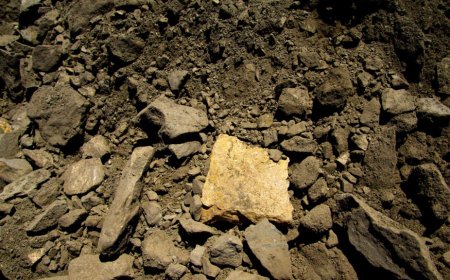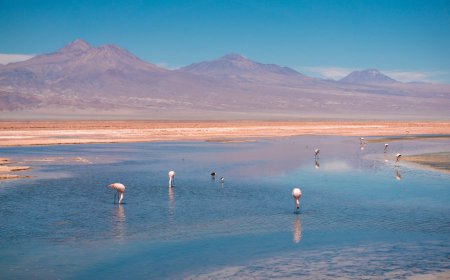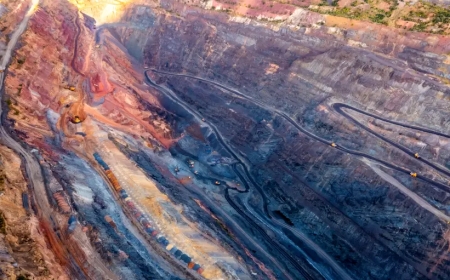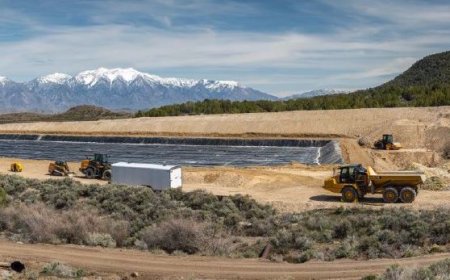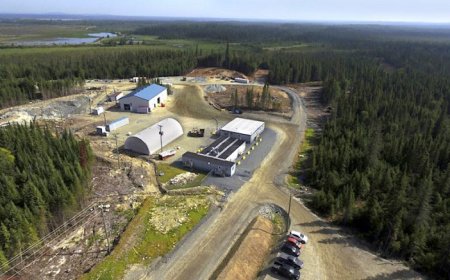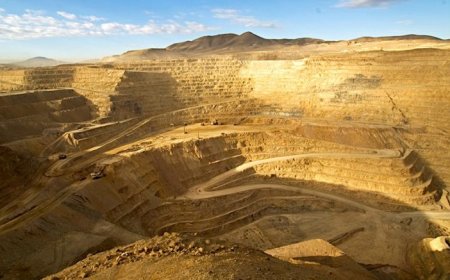Lithium Americas shareholders approve split
Lithium Americas (TSX: LAC; NYSE: LAC) is going ahead with a planned separation of its North American and Argentinean businesses into two independent public companies, after shareholders approved the split on Monday.
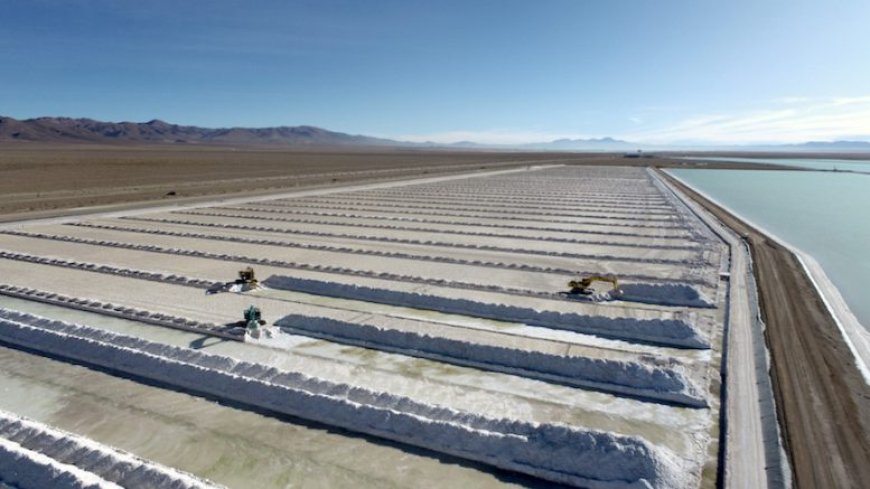

The Canadian lithium miner said the plan was approved by 98.85% of shareholders present or represented by proxy at the meeting.
Following the separation, the new Lithium Americas company will own the Thacker Pass lithium project in Nevada and investments in Green Technology Metals (ASX: GT1) and Ascend Elements.
The other new company, Lithium Argentina, will focus on the assets held in the South American country. These include the Caucharí-Olaroz lithium brine project in Jujuy, which is progressing toward full commercial production, and the Pastos Grandes lithium brine project in Salta, which it added in December, through the acquisition of Arena Minerals.

The Vancouver-based firm’s president and chief executive officer, Jonathan Evans, will stay in that position at the new Lithium Americas. No names were given for the potential CEO of Lithium Argentina.
The business separation will distance Lithium Americas from one of its top shareholders, China’s Ganfeng Lithium, which in 2018 snatched SQM’s stake in Caucharí-Olaroz and took control of the project in 2020.
Analysts have said Lithium America’s decision to split the company came down to the delicate status of the U.S.-China relations.
Besides a US$650 million-investment the company secured from General Motors, Lithium Americas recently applied for funding from the US Department of Energy, which has allocated millions of dollars to support battery-metals projects.
“What makes it problematic, optics wise — and optics matter — is when the beneficial owners of those Department of Energy funds are Chinese shareholders,” the company’s executive vice chair, John Kanellitsas, told an audience of investors and industry members in May.
The U.S. and its allies are trying to upend China’s dominance over critical minerals, especially rare earths, by creating a supply chain that relies on what are deemed more stable and reliable partners.
The split is expected to become effective in early October, subject to certain regulatory approvals and closing conditions.
